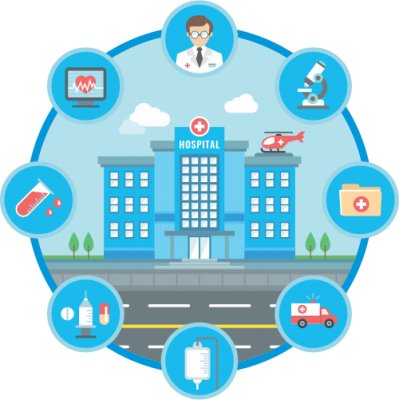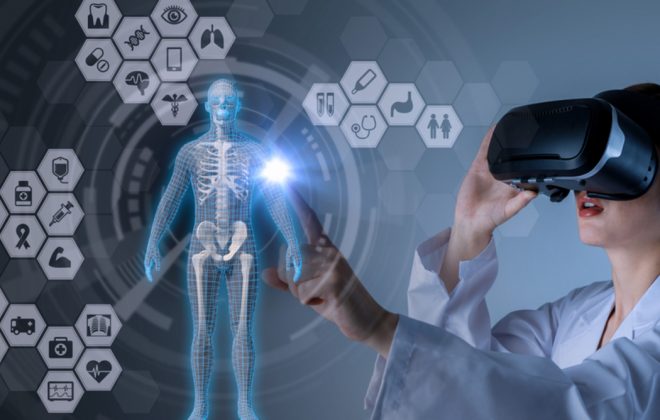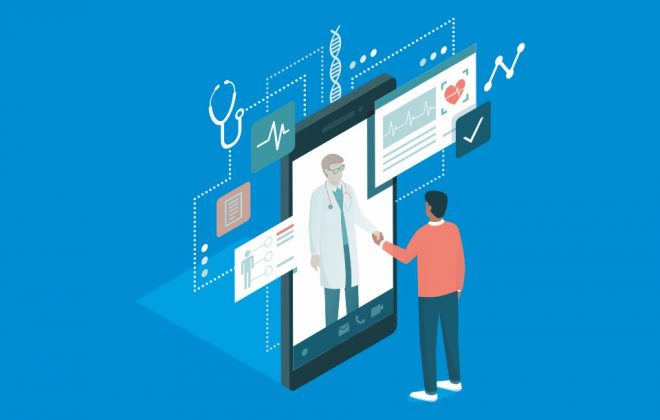Let’s Talk About Real-Time Healthcare Systems
Healthcare today has come a long way. This is not only in the manner that advanced technology is being used to conduct medical procedures but also how technology is being implemented to hone and improve patient experiences. The patient of today clearly no longer wants to be a passive recipient of healthcare. They also want elevated hospital experiences…experiences that match the consumer centricity of industries like retail and banking and finance. Owing to these shifts, healthcare delivery is transforming. Patient centricity and patient experience are defining success metrics in the healthcare ecosystem. Hospitals, therefore, are now under increased pressure to not just heal patients but also ensure that patient safety and patient satisfaction remain uncompromised. Hospitals have relied heavily on technology to accommodate this consumer-oriented shift in its operational environment. Owing to this we have witnessed the rise of the Smart Hospital – one that is leverages data to create knowledge and a better understanding of their patients.
Real-Time Healthcare Systems (RTHS) – The Backbone of Smart Hospitals
A real-time healthcare system can be called the backbone of Smart Hospitals. This healthcare system can be considered a healthcare delivery smart machine. It employs current and last-minute data to analyze up to up-to-the-minute operational intelligence. This intelligence, which is derived from care activity, can be utilized to optimize the hospital’s most critical clinical, business and administrative workflows. RHTS is also becoming a valuable contributor to the smart-hospital environment with the advances and adoption of sensor technology and IoT. The data generated within this connected ecosystem is a goldmine of information. With cognitive technologies such as Artificial Intelligence (AI) and advanced and real-time analytics, the RHTS can work in a more autonomous manner to improve the quality of patient care, costs, and patient satisfaction levels.
The Need for Real-Time Healthcare Systems
In a Smart Hospital environment, the focus is on increasing the quantity and quality of enterprise operational intelligence and on ensuring that this intelligence is readily available to the right stakeholders and systems. The environment thus has to be seamlessly interconnected, and silos impeding information exchange have to be removed.
Given the wide range of data sources in a Smart Hospital, RTHS ensures that the data from all these sources such as patient data, clinical data from EHR, laboratory, pharmacy etc., clinical operations such as nurses call, IPC, patient monitoring, etc., and data from facilities and other departments such as supply chain, environmental monitoring, IoTH, location, and condition sensing etc. can be accessed and analyzed. The RTHS makes the smart hospital network tick as it leverages situational awareness, real-time analysis to facilitate intelligent operations.
The Many Benefits of Real-Time Healthcare Systems
In this ecosystem that is heavily data-driven, the management and control of patient information will become the core responsibility of the healthcare provider and the CIO. The Smart Hospital environment is an optimized and patient-centric environment. So how do Real-time Healthcare Systems help its purpose?
- Real-time healthcare systems ensure real-time information and communication exchange to enable proactive and collaborative patient care.
- It has an adaptive and highly aware infrastructure that can proactively and automatically sense and respond to the changing needs of the patients and the physicians as well.
- The technologies involved in RHTS such as cloud, mobility, AI, sensors etc. help in accelerating innovation and streamlining workflows.
- RHTS gives healthcare organizations the agility and flexibility to integrate disparate medical services, applications, and networks on to one common platform to give the stakeholders of healthcare, the clinicians and physicians, greater visibility into their operations and resources. These insights facilitate better, more timely decision-making that contributes directly to the elevated quality of care and patient satisfaction levels.
- The optimized environment based on a connected ecosystem leverages data to identify, minimize and then eliminate waste.
- Data-driven decision-making and the optimized environment helps in containing and lowering costs.
With Real Time Health Systems, the hospital ecosystem can experience a momentous shift. From management becoming more real-time, data-driven, contextual, and service-oriented, to workflows becoming more coordinated and collaborative, event-driven and optimized, the Smart Hospital is going to be strategically mobile and highly automated. It will leverage an enterprise architecture, leverage hybrid IT service delivery and will enable interoperability. But most importantly, with RHTS, information will no longer reside in silos and armed with this information the hospital ecosystem become Smart in the broadest and truest sense of the term.




